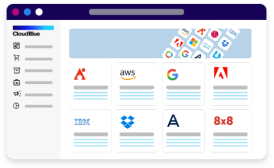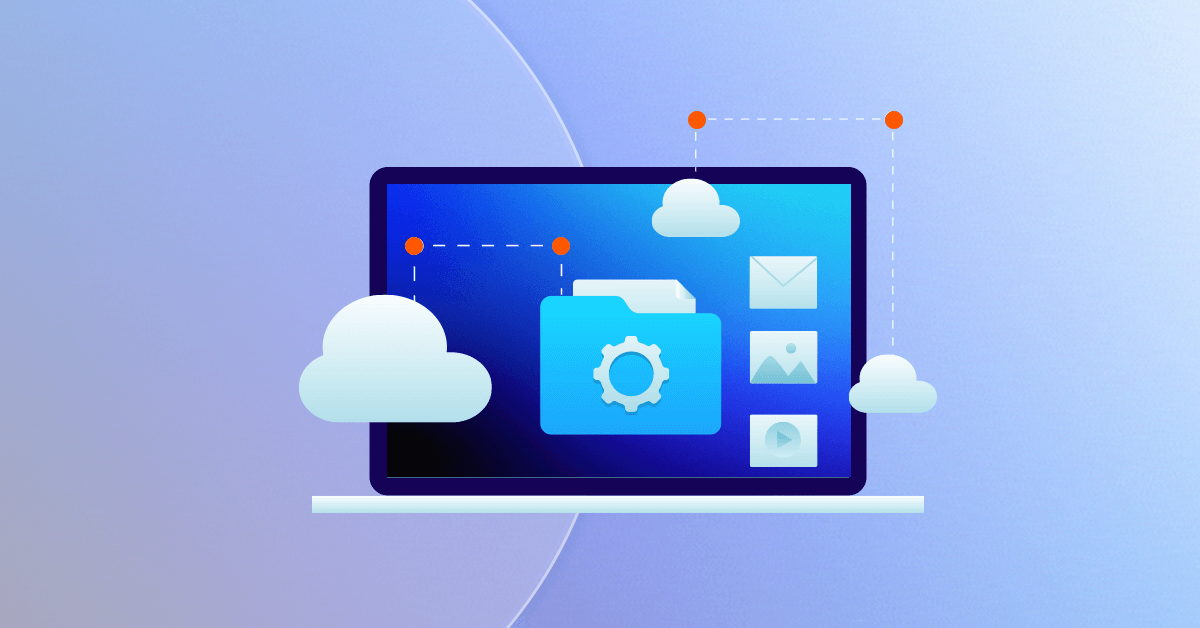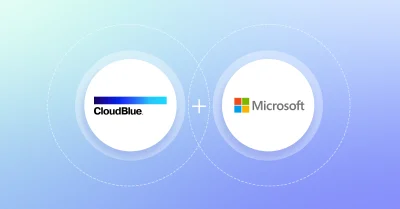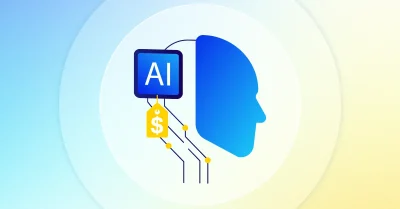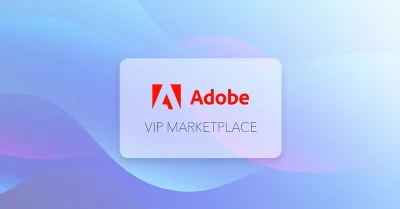Define Managed Service Provider Software
Managed service provider (MSP) software is a software solution that helps MSP employees perform their function with greater ease and speed. The software enables MSPs to streamline and automate the client company’s internal operations and business processes.
Managed service provider software helps MSPs offer and manage technology services, including cloud services, multi-factor authentication, security and more. MSP software can also include assessment capabilities to determine client needs using automation.
What is a managed service provider?
A managed service provider (MSP) is a third-party company that manages business processes and IT services for another organization. In the technology sector, MSPs are information technology (IT) service providers. They offer proactive monitoring, maintenance, and support for a range of services such as network, application, infrastructure, and security. MSPs manage tasks on-site, in their own data center or in a third-party data center.
Clients work with MSPs using service level agreements (SLAs) that control the relationship with the customer.
Why do companies work with MSPs?
Companies work with MSPs to improve their processes thanks to the quality of service they offer on specialist IT and other tasks. This helps the MSP client to focus on their specialty and not on expensive, time-consuming tasks. MSPs often handle any security or compliance risks, helping to minimize or eliminate negative impacts. This can be referred to as Security as a Service.
Another benefit of working with MSPs is the ability to quickly access the latest and greatest technology. MSPs help customers access technology with a subscription based on consumption as part of a bundle of solutions.
MSPs work with remote access to cloud-based systems, helping to control costs for both parties. Remote monitoring and management (RMM tools) are key as they help MSP work in real time on any issues on the clients’ networks.
What are the different types of managed service providers?
Managed service providers can take on IT services up to and including managing an entire IT infrastructure for another company. There are three types of managed service providers: pure-play MSPs, staffing legacy MSPs and high-level MSPs. Each of these three MSP types offer an increasingly broader level of services.
- Pure-play MSPs: Provide a limited scope of services and support
- Staffing legacy MSPs: Offer a broad range of services and support
- High-level MSPs: Take on the entire responsibility for IT services and support
What are some examples of managed services?
MSPs offer services in a few broad categories, including infrastructure, IT, and technical support. Some examples of IT services managed by MSPs include:
- Cloud infrastructure management
- Cloud computing
- Software as a service (SaaS)
- Infrastructure as a service (IaaS)
- XaaS (Everything / Anything as a Service)
- Managed wireless and mobile computing
- Data analytics
What is managed service provider software?
Managed service provider software is a platform or application that enables an MSP to deliver services to their customers. Some examples of the different types of MSP tools include:
- Cloud subscription management
- Sales automation
- Remote monitoring and management (RMM software)
- Professional services automation (PSA software)
- Invoicing and billing
- Customer and contract management
- Helpdesk and ticketing
What are the main benefits of managed service provider software?
The main purpose of managed service provider software is to make delivering IT services easier and more efficient for MSPs. Depending on the managed service provider software chosen, there can be a variety of benefits. Let’s focus on a managed service provider software that enables automation for procurement, billing, and delivery with one system. Some of the benefits of this type of software include:
- Reduced costs: Unifying business operations for billing, procurement, and delivery in one system saves the expense of purchasing multiple systems
- Decreased overhead: Using automation in service delivery operations increases speed and accuracy while reducing the need for more team members
- Improved customer satisfaction: Having an MSP delivery software platform increases accuracy, provides billing visibility, speeds delivery and delights customers
- Faster growth and increased profitability: Implementing an MSP platform to deliver new services and create new marketplaces helps accelerate growth and profit
- Enhanced operational efficiency: Adopting MSP software that offers automation helps to streamline and accelerate business processes
MSP software makes it possible for MSPs to deliver XaaS solutions to drive more revenue from the individual customers, increasing ARPU. Delivering XaaS with MSP software helps MSPs capture higher margins rather than companies that only pursue traditional offerings. MSP software that unifies processes in one system with multiple languages and currencies enables an MSP to scale worldwide.
MSPs need software to scale because of the inefficiency of using multiple systems for operational processes. The use of MSP tools and platforms helps them serve customers with bundled MSP services, potentially with better conditions from vendors.
What are the disadvantages of managed service provider software?
It’s important to select the right managed service software for your company. The software should support greater efficiency, productivity, and growth while helping the organization overcome challenges.
Certain MSP software brands fall short of customer preferences. MSP software solutions and service offerings should offer high quality product and service documentation, easy navigation, and post-sales support.

